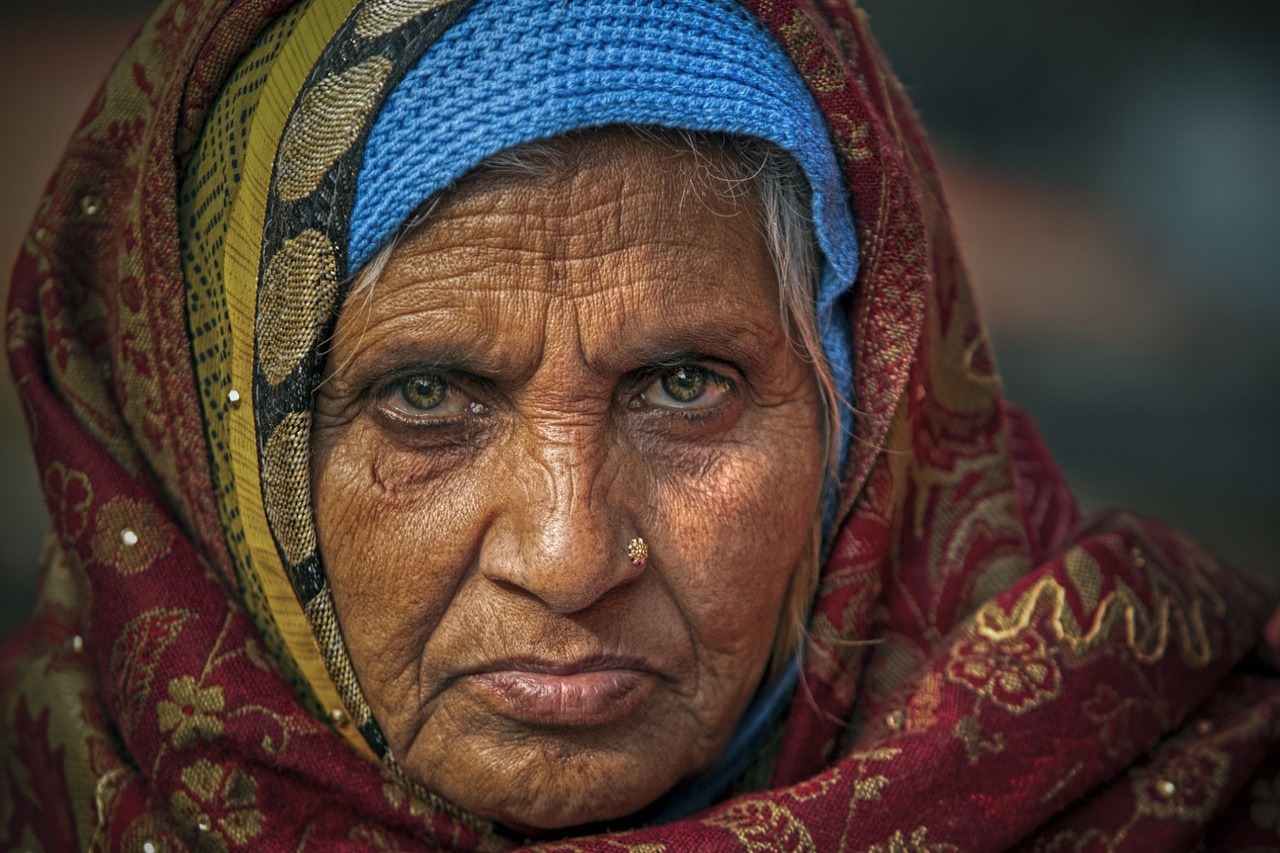Exodus 17: 4-7 (RM) or 1-7 (RCL); Psalm 95; Romans 5: 1-2, 5-8 (RM) or 1-11 (RCL); John 4: 5-42.
Lent is the season par excellence for an examination of conscience, sincere contrition for one’s failures, and confession of sins with the firm purpose of amendment. I have a very big sin, repeated over decades, to confess. It’s about the story in this week’s Gospel reading.
For oh so many years, I taught this passage with an eye-winking depiction of what it must have been like for this woman with a patently lurid sexual history to hear this stranger Jesus ripping the cover off her past, and her present. How amusing that she quickly changes the subject. I could get an easy chuckle from the class.
This interpretation is totally, utterly wrong. Mea maxima culpa.
The first thing any reader needs to understand about the Gospel of John is that it operates on a highly symbolic level, and you need to know something of the historical, cultural and geographic context to figure out the symbolism. Right away at the start, when you see “In the beginning was the Word,” you know that the word “Word” is functioning symbolically, not literally.
In this long passage in chapter 4, the Johannine school (because there was more than one writer) seems to have based this story on an authentic core, then overlayered it with dialogue that jumps from one issue to the next. The end result can be complex and confusing. The reader wonders how this all hangs together.
Granted, there may be practical circumstances that would have put a woman in that culture in the position of having had five husbands – she’s a widow several times over, or was divorced several times (easy for the husband to do), or was barren and rejected. With no form of economic support, she may have moved in with a man just to survive. That’s from a literal reading on the surface level of the story.
But Scripture scholars who know how to read under the surface have proposed two possible intended meanings for five-husbands-plus-one non-husband. The Samaritans, despite their Hebrew ancestry tracing back to Jacob, had a history of flirting with the gods of other surrounding towns and cities – five of them, in fact. The whole exchange about “Our ancestors worship on this mountain but your people say the only place to worship is Jerusalem” refers to the Samaritans’ custom to worship the God of Jacob on their Mount Gerazim. In the disdain, not to say contempt, toward Samaritans by Jews from the southern kingdom of Judah, their religious cult was seen as impure and just false. Samaritans had failed – a point reinforced by the line, “Salvation is from the Jews.” Their own worship was the sixth form of unfaithfulness toward God – symbolized by “not your husband.”
The theme of thirst for “living water,” a symbol that uses spring water to represent the water of eternal life, is meant to show that their thirst for true worship was not slaked by following the other five societies’ gods, and not even by their own practice of worship on Mt. Gerazim.
There’s another possibility too: the Samaritans’ scriptures included only the Torah, the first five books of the Hebrew Bible, not the later scriptures that contained the promise of a Messiah. Here’s the irony: that this woman is knowledgeable enough about her religious culture to bring up the question of the Messiah on her own – to which Jesus reveals his identity to her, “I Am,” the same name revealed to Moses by the living God.
So this is not about a suspect woman with a history of serial monogamy. The real story is not about her at all, but about the contentious religious split between two peoples who shared the same deep roots, and what it means to worship “in spirit and in truth.” And yet, the female character in this story, called Photina or Photini by later Eastern writers, gives us a wonderful image of an outspoken, theologically sophisticated woman from a despised nation, who ran eagerly to tell her people what she had experienced. And her people did not treat her as an outcast, quite the opposite – her witness spurred them on to see for themselves, and to believe.
She became the first Christian missionary.
Take that, Paul.
© Susan K. Roll
Susan Roll retired from the Faculty of Theology at Saint Paul University, Ottawa, in 2018, where she served as Director of the Sophia Research Centre. Her research and publications are centred in the fields of liturgy, sacraments, and feminist theology. She holds a Ph.D. from the Catholic University of Leuven (Louvain), Belgium, and has been involved with international academic societies in liturgy and theology, as well as university chaplaincy, Indigenous ministry and church reform projects.





I am so moved by this reflection on a passage of Scripture I have loved for years. And the accompanying picture itself captivates… I can’t find other words at the moment.
Thank you very much! It is rich !
Thank you for sharing your insite